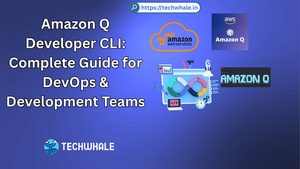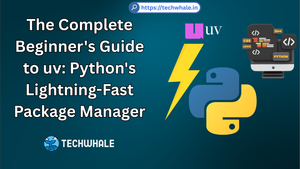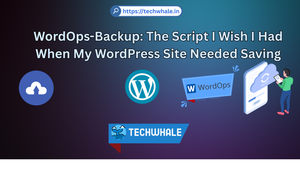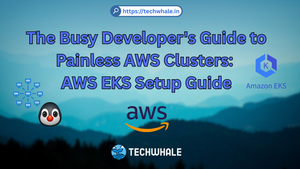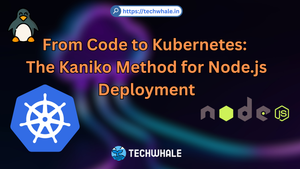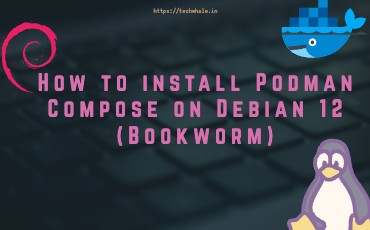
How to install Podman Compose on Debian 12 (Bookworm)
f you are running Debian 12 (Bookworm) and want to use Docker Compose or Podman Compose, here are the steps to install Podman Compose on your system.
Comparing Docker and Podman
Docker and Podman are both container runtimes, but they have some differences in their architecture and features.
Architecture
Docker uses a client-server architecture, where the Docker client communicates with the Docker daemon to manage containers. The Docker daemon runs as a background process on the host machine.
Podman, on the other hand, uses a daemonless architecture, where each container is managed as a separate process on the host machine. This makes Podman more lightweight and secure than Docker.
Features
Docker has a larger ecosystem and more features than Podman, including a wider variety of plugins and tools. However, Podman has some unique features that Docker does not have, such as rootless containers and the ability to run containers without a daemon.
Installing Podman Compose
Add the Podman repository to your system by running the following command:
echo "deb <https://download.opensuse.org/repositories/devel:/kubic:/libcontainers:/stable/Debian_12/> /" | sudo tee /etc/apt/sources.list.d/devel:kubic:libcontainers:stable.listAdd the repository key to your system by running the following command:
curl -L <https://download.opensuse.org/repositories/devel:/kubic:/libcontainers:/stable/Debian_12/Release.key> | sudo apt-key add -Update the package list by running the following command:
sudo apt-get updateInstall Podman Compose by running the following command:
sudo apt-get install podman-composeVerify Podman Compose installation by running the following command:
podman-compose versionIf the installation was successful, you should see the version number of Podman Compose.
Conclusion
Both Docker and Podman have their strengths and weaknesses, and the choice of which one to use depends on your specific use case and requirements. If you value security and lightweight architecture, Podman may be a better choice for you. If you need a wider variety of tools and plugins, Docker may be the better option.


